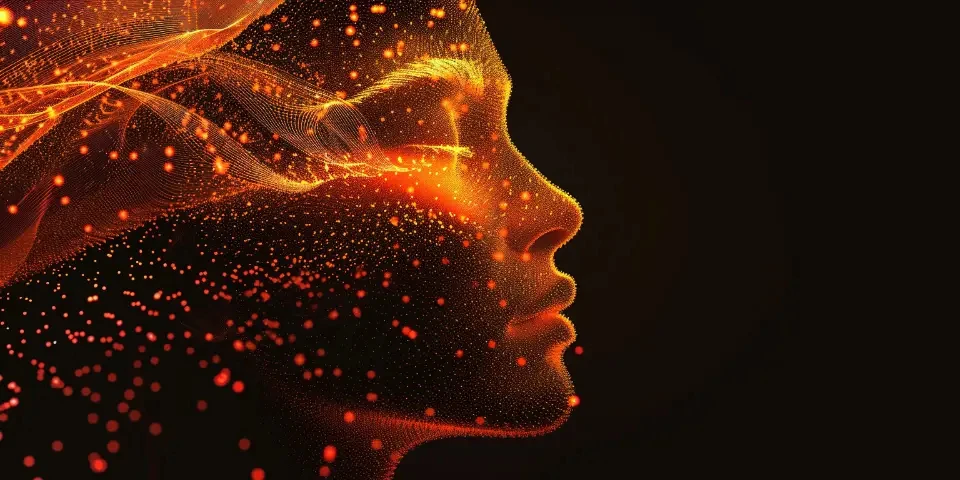Enhancing Your Musical Journey How AI is Elevating Music Education
Music education has long been a critical component in nurturing creativity and cognitive development in individuals. With the advancements in artificial intelligence (AI), the world of music education has witnessed a significant transformation. From enhanced practice sessions to personalized learning experiences, AI has revolutionized the way both amateurs and professionals embark on their musical journeys. In this article, we will explore how AI is elevating music education and enhancing the learning process in multiple aspects.
1. Intelligent Practice Sessions
AI-powered practice tools have emerged as a game-changer for aspiring musicians. These tools utilize machine learning algorithms to analyze performance and provide real-time feedback on areas that require improvement. Whether it is pitch accuracy, rhythm, or technique, AI algorithms can meticulously assess the nuances of a musical piece and offer personalized suggestions for enhancement. Subsequently, musicians can fine-tune their skills more effectively, leading to accelerated progress in their musical journey.

Additionally, AI-powered practice tools often incorporate interactive features like metronomes, backing tracks, and virtual accompaniments, making practice sessions engaging and immersive.
2. Personalized Learning Experiences
Gone are the days when music education followed a one-size-fits-all approach. AI has enabled the development of intelligent tutoring systems that adapt to the unique needs and learning styles of students. These systems leverage AI algorithms to analyze individual progress, strengths, and weaknesses, thereby tailoring the learning experience to maximize effectiveness.
Through personalized learning, students can explore various musical genres and techniques in accordance with their preferences. AI algorithms can recommend appropriate learning materials, suggest relevant practice exercises, and even provide custom lesson plans to help students achieve their musical goals.
3. Virtual Music Teachers
AI-powered virtual music teachers have gained significant popularity in recent years. These virtual assistants utilize natural language processing and machine learning algorithms to simulate real-time interactions with students. These digital teachers can provide guidance, answer questions, and offer feedback, creating a supportive and interactive learning environment.
Moreover, virtual music teachers are available round the clock, allowing students to practice and seek guidance at their convenience. This accessibility eliminates scheduling constraints and offers flexibility, particularly for individuals with busy lifestyles.
4. Composition and Songwriting Assistance
AI technology has extended its influence to the creative aspects of music education, particularly in composition and songwriting. AI-powered software systems can analyze vast musical databases and generate melodic and harmonic suggestions, enhancing creativity and inspiration for musicians looking to compose original pieces.
These software systems can also provide assistance in arranging musical sections, suggesting chord progressions, and even generating accompaniment patterns. By leveraging AI, musicians can explore novel ideas and expand their creative horizons.
5. Collaborative Music Platforms
AI has facilitated the development of collaborative music platforms, enabling musicians from different parts of the world to connect and create music together. These platforms employ AI algorithms to match musicians based on their musical preferences, styles, and instruments, fostering a global community of collaborative artists.
Furthermore, AI algorithms can ensure seamless synchronization and harmonization among multiple tracks, creating a cohesive musical product. Such platforms not only promote cultural exchange but also provide valuable learning experiences through collaboration and exposure to diverse musical perspectives.
6. Automated Music Transcription
Transcribing music, particularly complex compositions, can be a laborious task. However, AI-powered transcription tools have simplified this process significantly. These tools can analyze audio recordings and automatically transcribe them into sheet music, saving time and effort for musicians.
Additionally, AI algorithms can identify individual instrument parts within a musical piece, allowing musicians to isolate and focus on specific sections during practice. This transcription automation opens up opportunities for musicians to explore and learn a wider repertoire of music.
7. Performance Analysis and Interpretation
AI has revolutionized the way musicians analyze and interpret their performances. With AI-powered systems, musicians can now receive detailed insights into their playing techniques, expression, and phrasing, enhancing their understanding of the music and their own artistic expression.
Moreover, AI algorithms can compare a musician's performance with renowned artists, providing valuable benchmarks for improvement. These performance analysis tools serve as an invaluable resource for musicians striving for excellence.
8. AI Tools Comparison?Transcribe vs. Chordify
When it comes to automated music transcription, two popular AI tools are Transcribe and Chordify. Transcribe offers comprehensive features such as adjustable playback speed, loop creation, and extensive annotation options. On the other hand, Chordify specializes in extracting chord progressions from audio recordings, making it ideal for musicians interested in learning new songs and improvisation.
While Transcribe is suitable for in-depth music transcription, Chordify provides a quick and efficient solution for musicians seeking chord progressions. Depending on individual needs, musicians can choose the tool that aligns with their goals.
FAQ:
1. Can AI completely replace human music teachers?
No, AI cannot completely replace human music teachers. While AI-powered tools can provide valuable feedback and personalized learning experiences, human teachers offer a unique level of understanding, emotional connection, and adaptability that AI cannot replicate.
2. Is AI only beneficial for professional musicians?
No, AI is beneficial for musicians of all levels. From beginners to professionals, AI-powered tools can aid in learning, practice, and creativity. Whether it is providing guidance, analyzing performances, or generating creative suggestions, AI can enhance the musical journey for everyone.
3. Are AI-powered music tools affordable?
The affordability of AI-powered music tools varies depending on the software or platform. While some tools offer free versions with limited features, others require a subscription or one-time purchase. However, considering the multitude of benefits and the potential for accelerated progress, investing in AI-powered music tools can be a worthwhile decision for passionate musicians.
References:
- Smith, K. (2021). How Artificial Intelligence is Changing the Way We Learn and Create Music. Retrieved from www.musictech.net
- Browning, D. (2020). Artificial Intelligence in Music Education: Friend or Foe? Wake Forest Law Review, 55(3), 547-577.
Explore your companion in WeMate